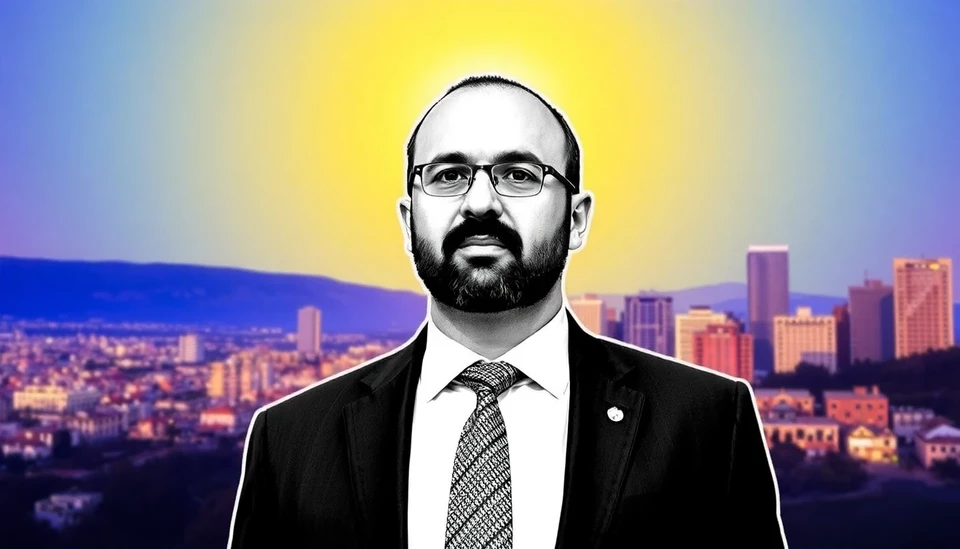
In a significant political move, Lebanon has appointed renowned money manager and former BlackRock executive, Ali Bisat, as the new Minister of Economy and Trade. This decision comes in the wake of severe economic challenges that the country has been grappling with for the past few years, including an unprecedented financial crisis that has led to a collapse of the national currency and widespread poverty.
Bisat, who brings with him a wealth of experience from his long career in finance, is expected to play a crucial role in shaping the future of Lebanon’s beleaguered economy. His appointment is seen by many as a desperate yet strategic attempt by the government to regain confidence from international investors and help stabilize the deteriorating financial situation. Bisat previously held senior roles at BlackRock, one of the world's leading investment firms, where he was involved in managing multi-billion dollar portfolios and advising on financial strategies.
The Lebanese economy has seen better days; recent reports indicate that over 80% of the population is now living in poverty. The local currency has lost significant value against the dollar, leading to soaring inflation and diminishing purchasing power. Amid this backdrop, the government is under immense pressure to implement reforms and engage with global financial institutions to unlock much-needed aid.
Bisat's appointment comes at a pivotal moment. International confidence in Lebanon’s economy has all but evaporated following years of political gridlock, rampant corruption, and an inability to implement necessary reforms. The Lebanese government has been long criticized for its inefficiency, and Bisat’s extensive expertise is seen as vital for navigating the road ahead. His previous engagements in the financial sector position him as a potential bridge between the Lebanese government and international stakeholders.
Following his appointment, Bisat stated, “We have a monumental challenge ahead of us, but I am committed to working collaboratively with my colleagues and international partners to restore a semblance of stability and spur economic growth.” His approach appears to be focused on rebuilding relationships and trust with international financial players, essential to reviving Lebanon’s economy.
Moreover, the international community has been waiting for a sign of economic governance and accountability from Lebanon, with many aid packages and investments contingent upon substantive reforms. Bisat's role will likely entail engaging with institutions such as the International Monetary Fund (IMF), which has been a vocal advocate for significant reforms in Lebanon's financial architecture.
The political implications of this appointment cannot be underestimated. Lebanon's intricate political landscape, often dominated by sectarian rivalries, presents a unique set of challenges for any reforms. Many experts believe that Bisat's international background and reputation might help in diluting these tensions, at least when it comes to economic policy.
In summary, the appointment of Ali Bisat as Lebanon’s new Economy Minister marks a potential turning point for a nation teetering on the edge of economic collapse. With his extensive background in finance, he could pave the way for necessary reforms and foreign investment critical to restoring stability in Lebanon. The upcoming months will determine whether Bisat’s expertise can translate into meaningful change for the battered Lebanese economy.
#@ #Lebanon #AliBisat #EconomyMinister #BlackRock #FinancialCrisis #EconomicReform #IMF #LebanonEconomy #InternationalInvestors
Author: Rachel Greene




